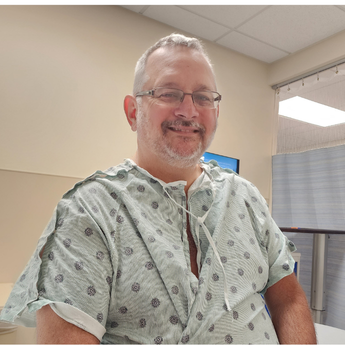If you are still in the workforce when diagnosed with breast cancer, it is important to understand how it may affect this aspect of your life. Breast cancer is on the rise in women under the age of 50. You may have been diagnosed during a time when you were making meaningful progress in your career or reaching a major professional milestone.
It can be a difficult choice to either stop working or continue on throughout your treatment. Treatment, whether it’s surgery, chemotherapy, or radiation, can impact the way you perform your job. This is especially important if you have a physically demanding job, where it may not be possible to continue for health or safety reasons.
Working can bring a sense of fulfillment and purpose. It can be a motivating factor because it gives you something to focus on or look forward to. Having a job could help maintain some sense of routine and normalcy as you are going through cancer treatment. A survey conducted by Pfizer found that over 70% of women with breast cancer, including those with early and advanced disease, said that working helped in their recovery.
But the physical and emotional effects of breast cancer can also last for a long time. One study in the Journal of Clinical Oncology found that one out of five breast cancer patients still had not returned to work after two years. The decision whether to continue to work full-time, part-time, or take time off is an individual one.
If you would like to continue working, have a discussion with your healthcare team about your current abilities and any sort of challenges you could expect to face in the workplace. You would also need to speak with your manager or your company’s HR department to determine what job modifications you may require. This could include time off for medical appointments, any recovery time from surgeries, flexible hours or what private insurance benefits are available. Under the Canadian Employment Equity Act, your employer is required to make reasonable accommodations to help you perform your job.
If you need to take time off work because of your diagnosis or treatment, you may be eligible for Employment Insurance (EI) Sickness Benefits. These benefits provide temporary income support to people who are not able to work for medical reasons, including cancer. You can receive up to 26 weeks of benefits. To apply, you must have worked a minimum number of hours in the last year and a have a medical certificate from your doctor.
Some people may not have the financial stability to leave their jobs for an extended period of time, even if they want to. Private and public insurance coverage may not be available (or may not be enough) to support the out-of-pocket costs that come with a cancer diagnosis. If your treatments are not publicly covered, and you are managing household expenses, travel or parking costs for appointments or other financial demands, it can put pressure on your decision to stay in the workforce. If you find yourself in this position, consider searching for financial aid programs that could help reduce the amount of hours you may be required to work in order to keep you stable.
Remember that having and treating breast cancer isn’t a straightforward process, and you and your workplace will need to be flexible. Cancer and Work has a 10-step assessment plan for people who are returning to work after treatment, but the basics of this plan can also be applied to those who are still in active treatment.
Once again, deciding whether to keep working or take time off after a breast cancer diagnosis is deeply personal. For some, staying on the job offers a sense of routine, purpose, and connection. For others, stepping back allows space for healing, rest, and focusing on treatment. Whatever decision you make, it is important to listen to your healthcare team, understand your rights at work, and access all the support programs you may be eligible for to relieve some of the pressures that may be influencing your choice.







